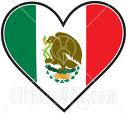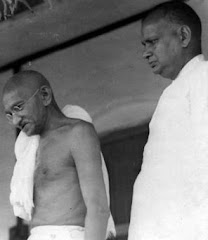
The Bil’in Conference ended midday with the usual Friday demonstration against the wall. The wall cut off more than half of the village of Bil’in land. Although a 2007 Israeli High Court decision mandated that the wall be moved back a considerable distance, but the wall has not been moved one inch. Palestinians, Israelis and internationals, chanting slogans against the wall and the occupation, walked to the wall toward heavily armed Israeli soldiers and jeeps that were behind concrete barricades. Members of the popular committee have been forbidden to be in the march. The man who led some of the chants has a brother and other relatives who have been in prison for months.


The demonstrators moved up toward the gate and moved it a little. Tear gas was fired by the Israeli soldiers throughout the demonstration. It seemed to the MPTer that the gas was more powerful than usual. Tear gas came in clouds from the front, but also from the sides, so that the demonstrators were at times enveloped in a cloud of tear gas.


Suddenly there was a cry that someone had been hurt. A young Israeli-Palestinian (a Palestinian who lives in the 1948 Israeli borders) had been hit in the head by a tear gas canister. Many demonstrators saw the gash in his forehead and blood streaming all over his face. The ambulance quickly took him to the hospital in Ramallah.

A group of about 10 Israeli soldiers passed through the gate and started down the hill toward the demonstrators. With this the majority of the demonstrators began to move back up the hill, but several people stayed behind fearful that some young Palestinians at back of the group would be captured. Two women moving up the hill behind the MPTer moved quickly, but not quickly enough and one was taken and detained for about ten hours. With her were 4 young Israelis – 3 women and one man – and a Palestinian man.
During the detention process the Israeli women were very well informed and helpful. All were held in the jeep area and then in the middle of the night, they taken to a settlement jail. There they were questioned and then released after signing an agreement saying that they would not go to Bil’in or Nil’in for 15 days. If they violate the agreement they face a very large fine.
The Israeli –Palestinian youth hit by the tear gas canister suffered a skull fracture, but did not lose consciousness. He will probably need a steel plate placed in his head.






















.JPG)





























